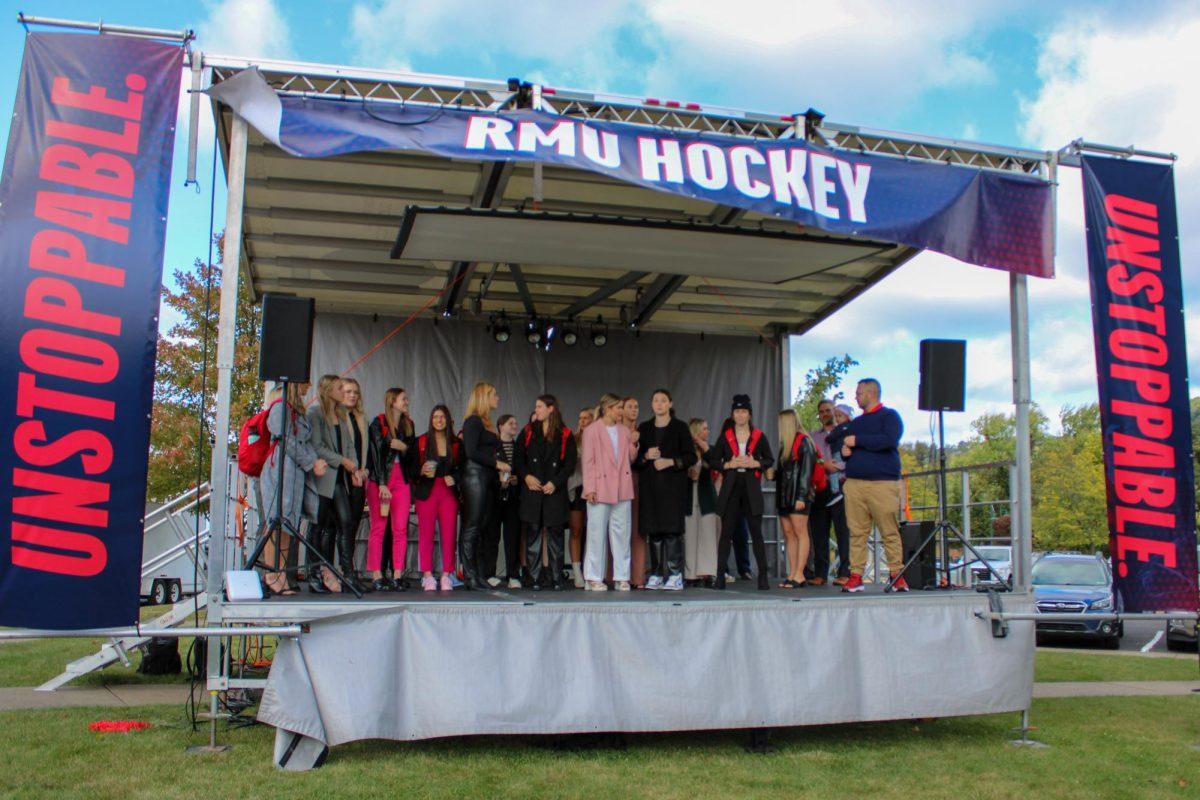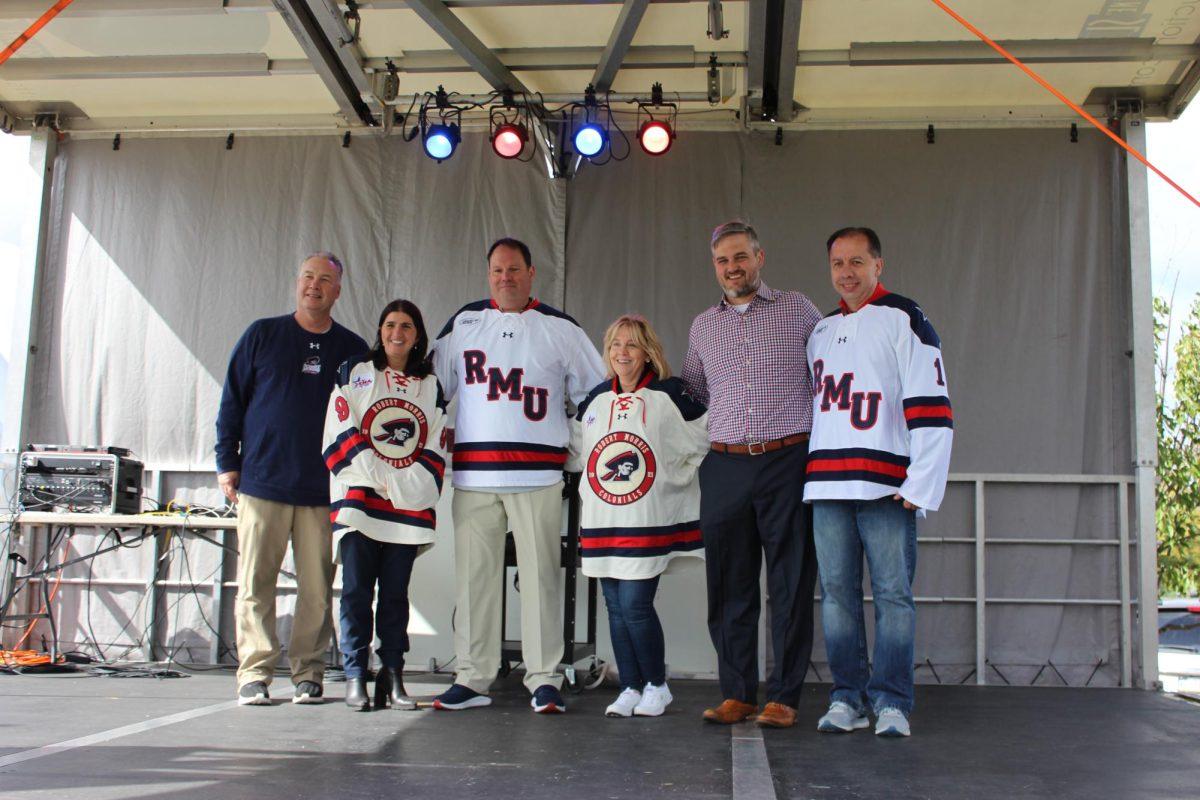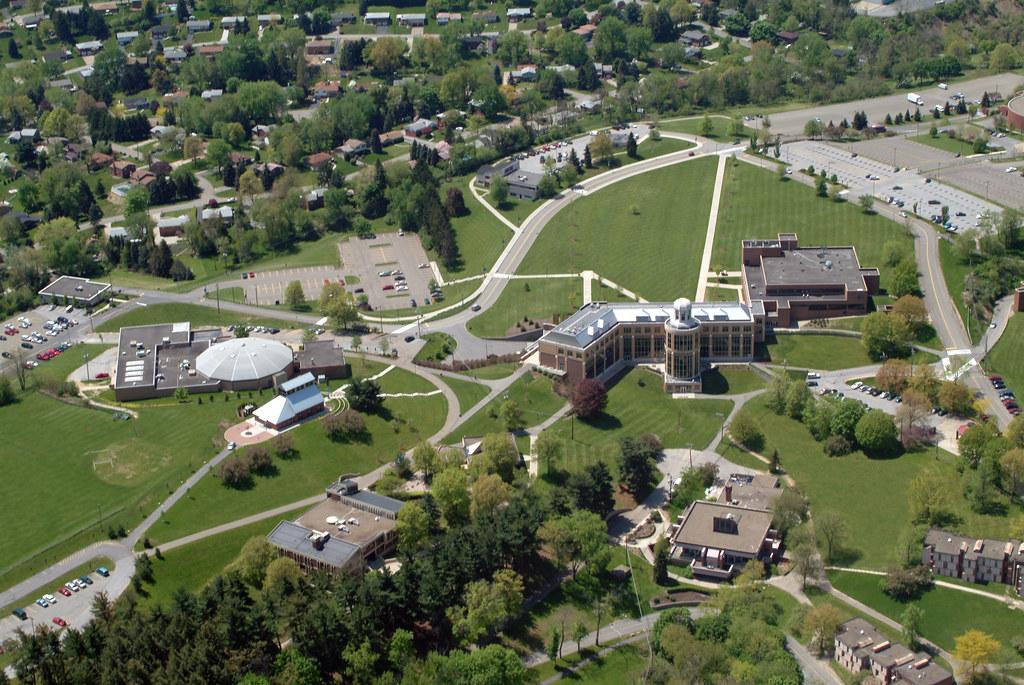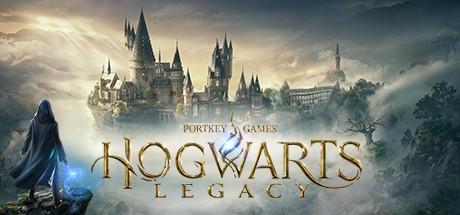“Reaccreditation is important because it says Robert Morris University is based on a universal curriculum, so that our students are not lesser than any student from another university,” says Patricia Zusinas.
Two years ago in 2009, all of Robert Morris University (RMU) was under intensive self-analysis in a unified effort to reach re-accreditation standards. Compiled of over 100 volunteers and subcommittees within subcommittees, the effort allowed every aspect of the university to undergo inspection. Zusinas, a volunteer for the process, shares her experience.
“Robert Morris took the time to do a self-evaluative study,” Zusinas reflects. “And they were not looking for answers out of self-interest, but for the right answers that would benefit the university.”
Zusinas was part of a committee that was to assess faculty contracts.
“Everyone had a segment that was part of a larger picture.” She describes on how her committee asked questions of each school on campus, transmitting what was learned back to Middle States.
Like many other volunteers in the reaccreditation process, the experience gave individuals the chance to learn about other facets of Robert Morris.
For Zusinas, she had the chance to learn about the professors who taught at different schools within the university. She described the experience as the chance to extend outside of required meetings and analysis.
“You could see how everything done was systemically,” she explains on what was learned. “It was a much bigger study, university-wide, and there was no component not studied.”
When Zusinas is not volunteering her time to make the university more revered, she is volunteering to put her surroundings in the same light. In 1996, Zusinas ran for Magistrate as a Republican Candidate for Moon, Crescent, Coraopolis, and Neville Island.
“She came very close to winning and knocking out an incumbent,” her co-worker, George W. Semich, brags of her.
“Prior to myself, I doubt if any Republican candidate had ran for that position.”
She described the entire campaign as volunteer-based.
“I was outspent and out-volunteered,” she explained. “My volunteers were strictly non-paid, whereas my competition had a full staff.”
Zusinas lost by a mere 300 votes, which was a phenomenal achievement for a grassroots candidacy. During the next election, thanks to Zusinas’ influence, a republican won.
After the 1996 election, Zusinas raised a family before heading to Robert Morris University to pursue her Masters in Communication and Information Systems. She currently resides here.
Zusinas explains the great changes the university had undergone since she had first arrived.
“I’d say, just in general, the physical plan is what I most notice,” she says. “Since I’ve been here, we’ve added a stadium, [we’ve] become a university, [we’ve] changed our road from Narrows Run Road to University Blvd and [we’ve] bought the Neville Island sports center.”
Seeing how much the university has changed illustrates the need to keep its curriculum current. The reaccreditation process is one measure for that. However, this process is dependent on volunteers, such as Zusinas. Without their help, the university would not be in the state it is today.








